Since launching our grantmaking activities in 2014, we have awarded over $26.4 million in support of our research priorities: access, affordability, and the value of legal education.
Awarded Grants
Grant Program
Grant Status

New York Law School
This grant supports New York Law School's efforts to dramatically enhance bar performance in its longstanding Evening Division, which offers a J.D. degree in four years (eight semesters). The Evening Division provides access to legal education for generations of underrepresented or economically disadvantaged groups working professionals, a significant number of whom have been members of historically underrepresented or economically disadvantaged groups.
View grant outcomes.

Elon University School of Law
This grant will evaluate the relationship between programmatic and curricular interventions developed by the Elon University School of Law and the bar examination success of the Law School’s students. The project’s results will be used to focus its efforts on those areas which most benefit its students, particularly those at risk of not passing their bar examination on the first try.

University of Denver
This grant, in partnership with the ABA Commission on the Future of Legal Education and Prof. Deborah Merritt (Ohio State University Moritz College of Law), will develop a fair, evidence-based definition of minimum competence. The grant will build on existing research, including the Institute for the Advancement of the American Legal System (IAALS)’ Foundations for Practice, and will use layered focus groups to deepen our understanding of minimum competence.
Read more here.
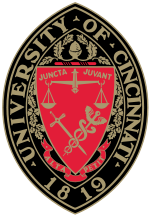
University of Cincinnati
The grant will conduct rigorous, multi-site analyses to develop a richer empirical model of bar passage and improve understanding through qualitative interviews of student graduates. The grant will use this information to extend existing literature and build research-practice partnerships that provide university partners with actionable insight into programmatic decisions, student interventions and supports, and advising.
View grant outcomes.
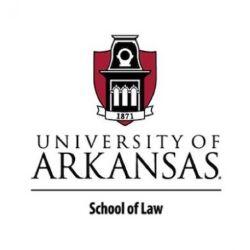
University of Arkansas School of Law
Summer Pre-Law Program (SPPARK) is an annual program designed to expand diversity in law school and the legal profession. The program is delivered over three weeks in the summer and accepts approximately 25 students per cohort. The program is held at the University of Arkansas School of Law. View grant outcomes.
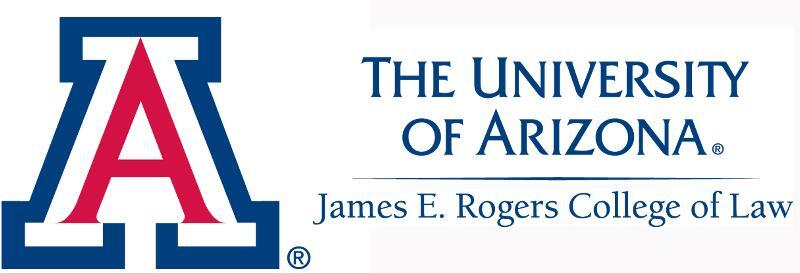
The Law College Association of the University of Arizona - James E. Rogers College of Law
This grant will pilot a seven and a half-week online course teaching standard contracts and foundational skills in case-reading and analysis to 250 aspiring JD students. The course is intended to expose students to the materials and methods of legal education and better prepare them for success in JD programs. A more valid and reliable predictor of student performance in law school will be developed using factors beyond standardized test scores and undergraduate grades.

University of Texas at El Paso
The Law School Preparation Institute College Summer Program offers undergraduate students an introduction to legal thought, legal research and writing, oral advocacy, and basic legal analysis. It is intended to prepare students for the LSAT, cultivates mentoring opportunities, and assists students with becoming more well-rounded, attractive law school candidates.
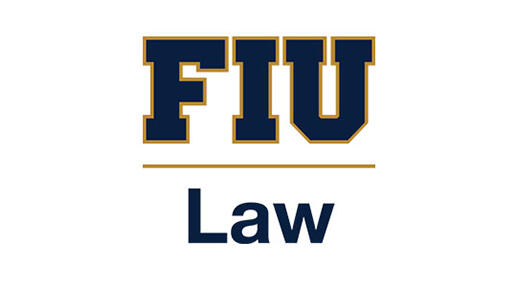
The Florida International University Board of Trustees on Behalf of Its College of Law
The Path to the Profession Initiative is a nine-week summer program that targets undergraduate students in their sophomore year through their enrollment into law school. The purpose of the program is to both facilitate the increased enrollment of minority and other traditionally underrepresented groups into an ABA approved law school, and to further the development of skills necessary for a successful law school experience once enrolled.
To read more, please visit FIU Law Receives $124,850 Grant to Increase Diversity in the Legal Profession.
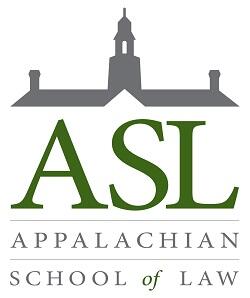
Appalachian School of Law
The grant will measure whether students with weak academic predictors exceed bar pass expectations after completing the academic success-bar pass program at Appalachian School of Law. The project also will report on the relationship of traditional (e.g., LSAT, UGPA, gender, race-ethnicity, age) and non-traditional (e.g., socioeconomic. pre-law education) factors to bar exam performance.
To read more, please visit Academic Support & Bar Exam Prep.



